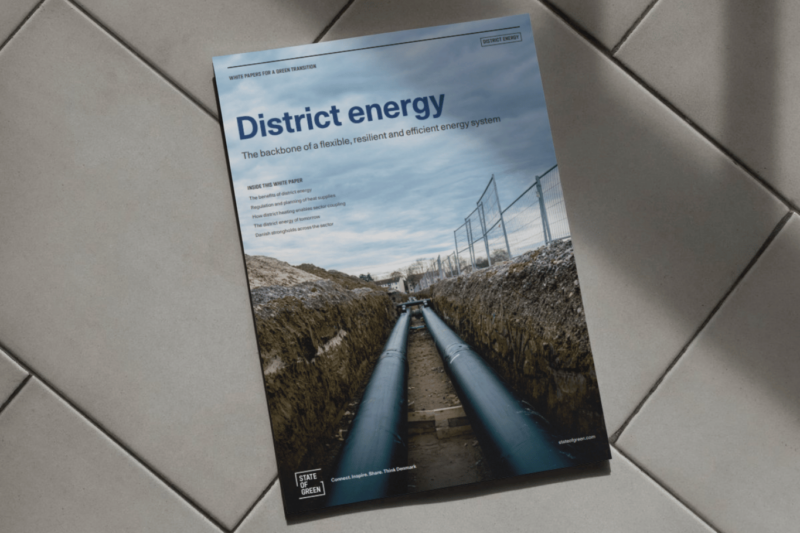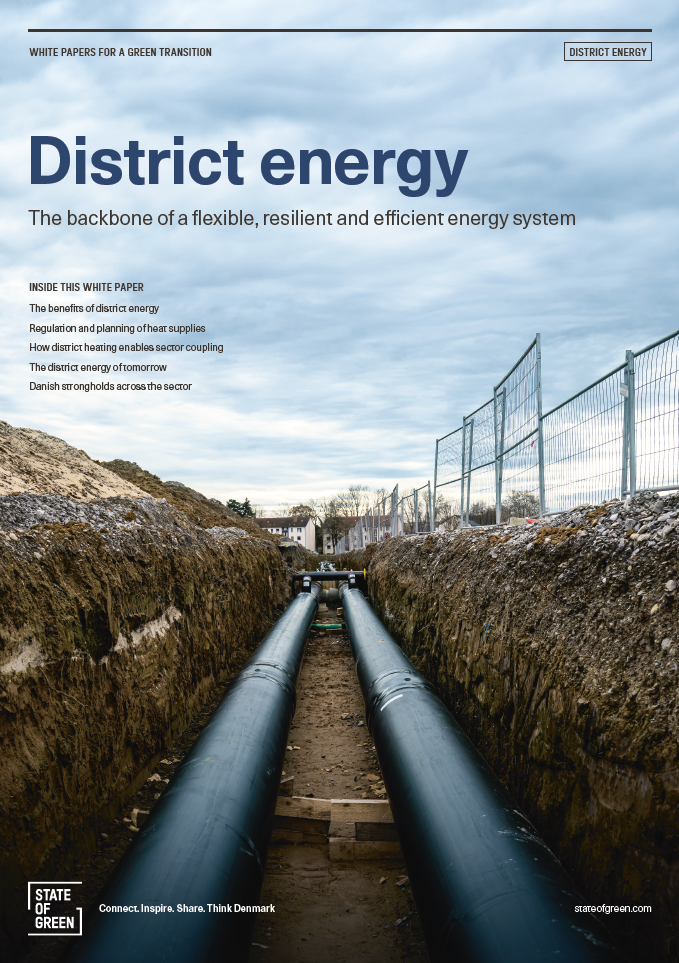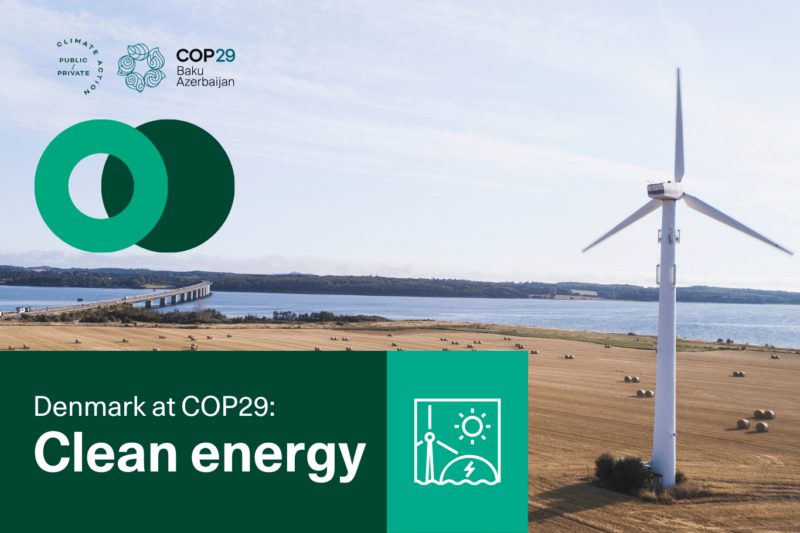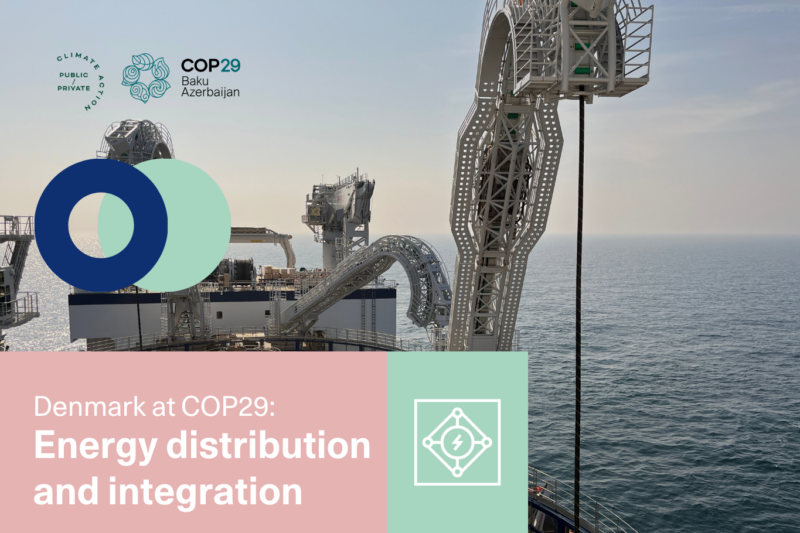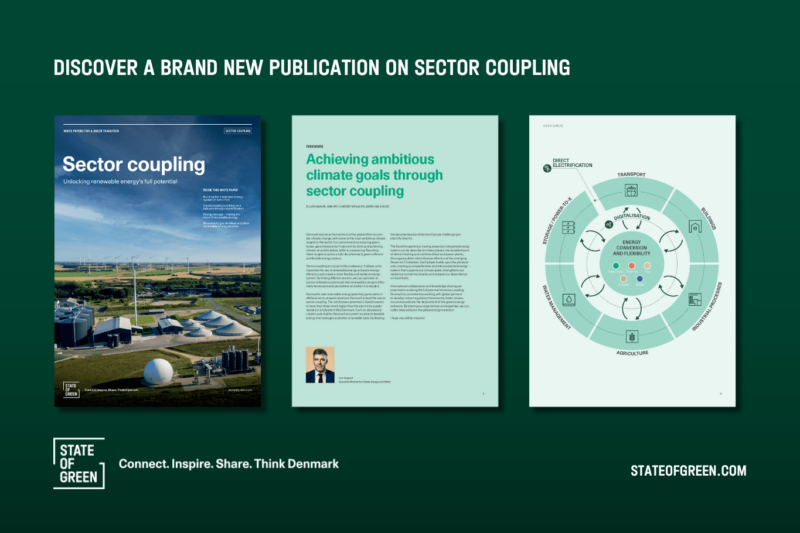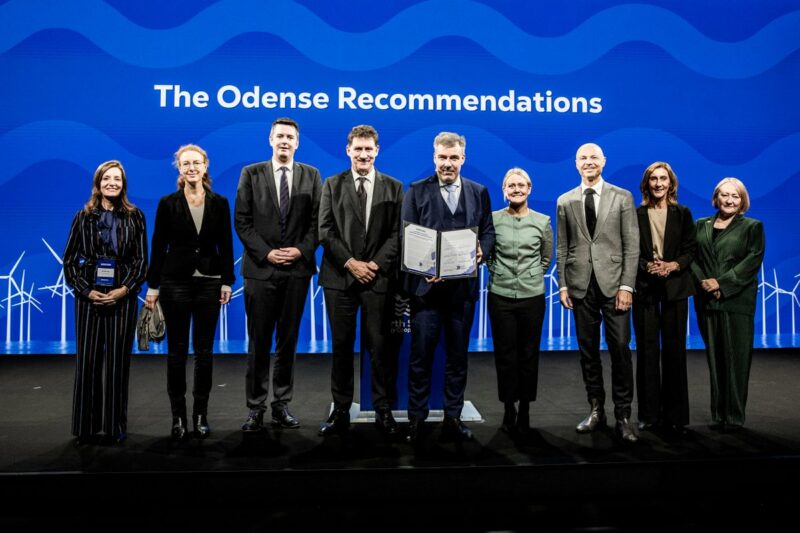News
Energy storage
Project will develop hybrid fuel cell solutions

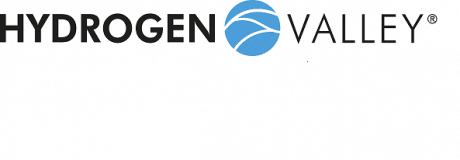
One of the cornerstones in a future, fossil free and renewable energy system will most likely be fuel cells. A fuel cell can produce power without any other emission than water.
The fuel cell market is increasing and Denmark has been able to place itself in a strong position at the top of the international fuel cell research and development especially within PEM fuel cell technology.
Fuel cell systems are known for a noticeable scalability and therefore the fuel cell systems have a certain flexibility in their design and build-up. Fuel cells can be used in the transport sector and in stationary and mobile applications.
However, the idea of combining fuel cell systems with other renewable energy storage technologies is not yet advanced. This will a new project, called CrossCut attempt to change.
CrossCut has the ambition to develop, test, evaluate and demonstrate a cost effective renewable hybrid energy system with fuel cells.
The CrossCut project will result in a prototype hybrid back-up power system to be used at one of Stofas sites in Denmark. The project focuses on the interaction between solar power cells, various battery technologies and fuel cells.
Stofa has joined the project, as the company wishes to contribute to a more sustainable society by supporting the transition of a greener energy system and a strong digital infrastructure. Michael Byllemos, Project Manager at Stofa, says:
- "At Stofa we are focused on driving the digital development which fits a future, sustainable energy system. We are therefore very pleased to be participating in the CrossCut project and at the same time being able to test the technology at one of our sites. This will ensure that Stofa in the future also will be able to provide the best products and stability for its customers".
The deployment of fuel cell systems in new markets will help lower fuel cell costs and furthermore broaden public awareness of the opportunities within fuel cell and hydrogen technology, and consequently take an important step towards the goal of becoming independent of fossil fuel in 2050.
CrossCut is funded by the Danish Energy Technology Development and Demonstration Program (EUDP) who has granted 8,3 million DKK to the project.
You should consider reading
publications
Combined heat and power production
+9
District Energy
25 October 2024Perspective
Sector coupling
+9
